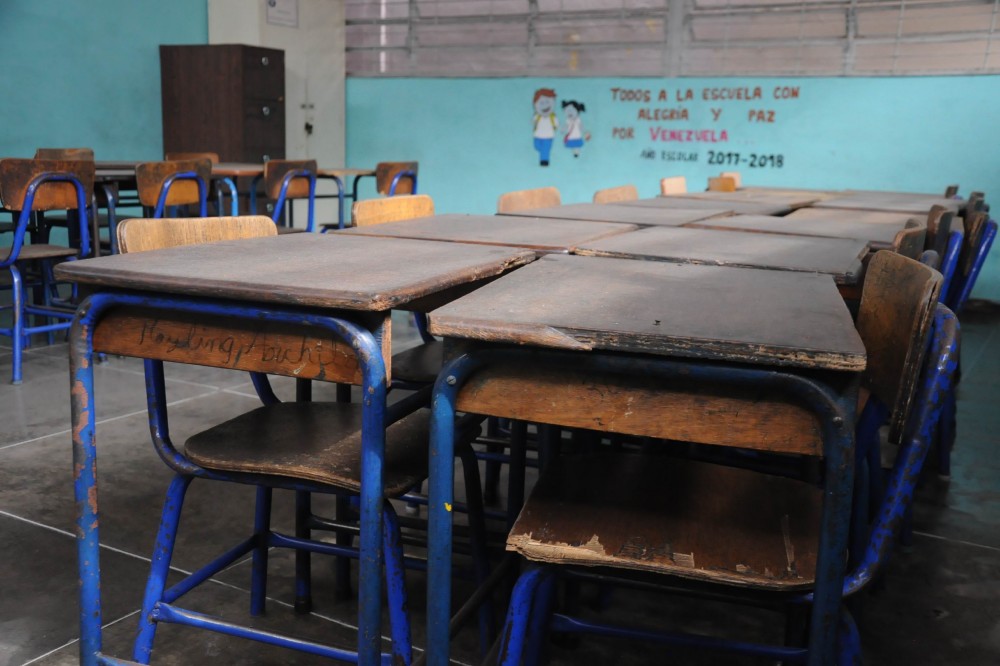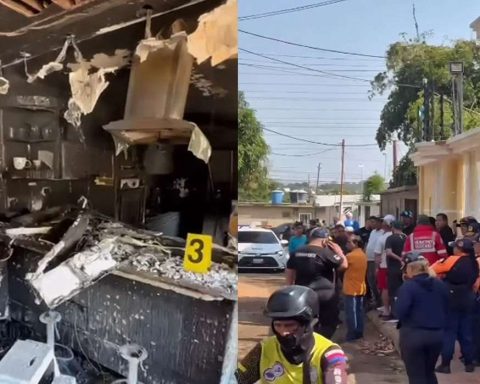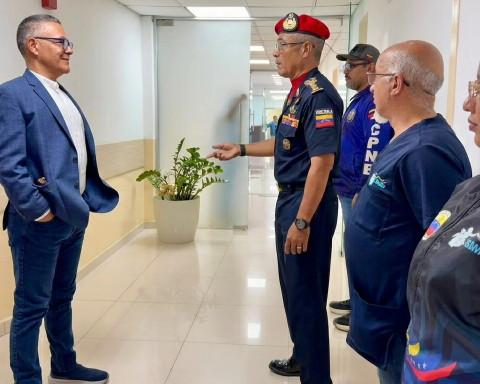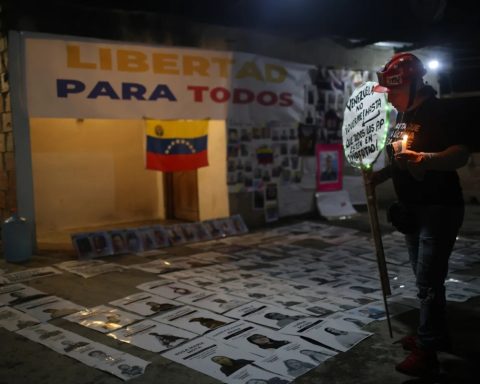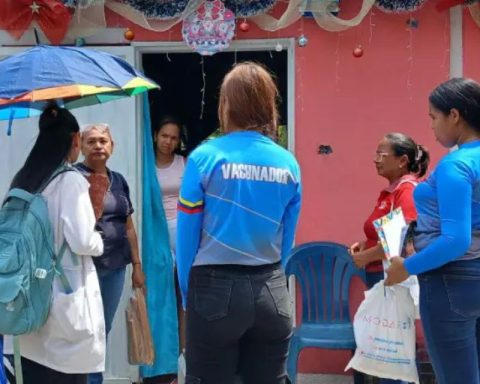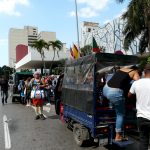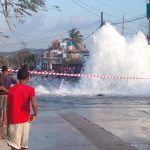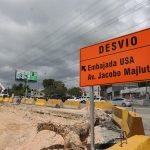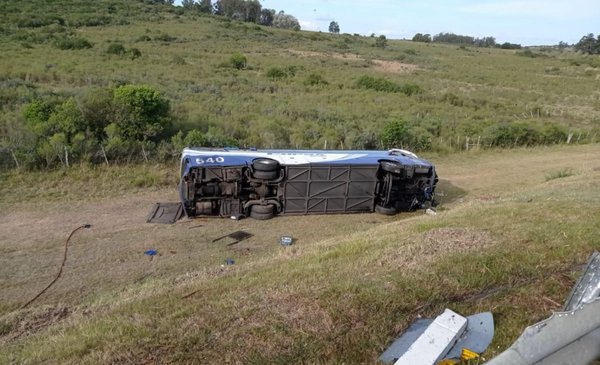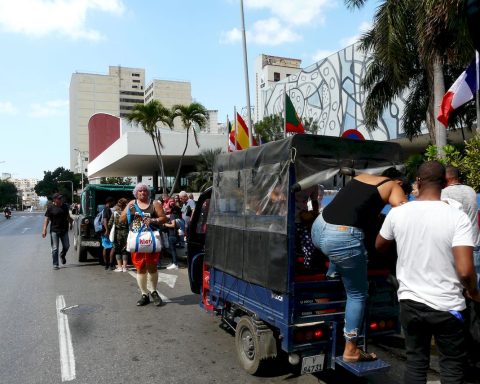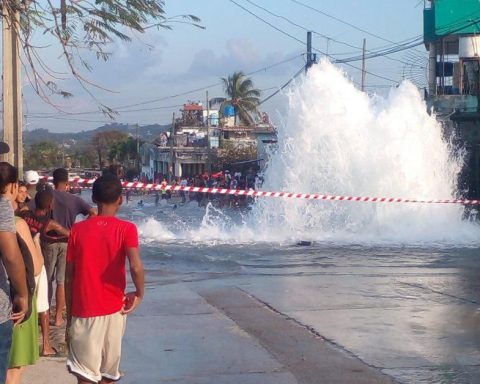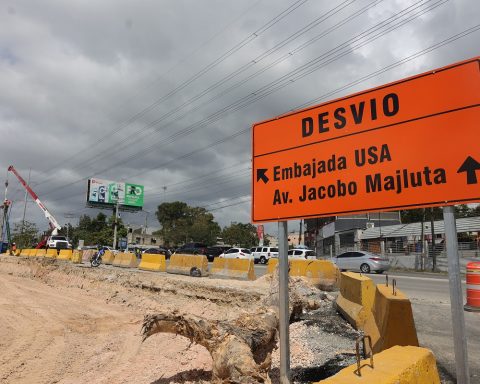Through the results of its infrastructure survey, the Civil Association With the School demonstrated the worrying situation that educational establishments are experiencing in the seven states covered by the study. In the case of services such as water, the Bolívar state reported failures in 83.3% of the schools surveyed
The Civil Association with the School Next to the Network of School Observers continues with its program of monitoring schools to expose the Venezuelan school situation to public opinion. Since 2019 the organization has implemented this program through the application of different surveys to teachers of 79 schools distributed in the Capital District, Miranda, Bolívar, Anzoátegui, Apure, Lara and Zulia.
With the objective of gathering information about the conditions, equipment and services of educational establishments, With the school, he applied the infrastructure survey at the end of November 2022. This survey also seeks to know the impact of these points in the school calendar in five dimensions: water and sanitation, connection to services, pedagogical spaces, equipment and physical plant.
Oscar Ivan Rose, coordinator of Con la Escuela, pointed out that the infrastructure of educational institutions is essential for the well-being and development of the teaching-learning process. “It is necessary that the physical plant have conditions that guarantee the health and safety of teachers and students: that the school has drinking water services, facilities for sewage, electricity, internet connection, among others, as well as equipment and spaces pedagogical for the development of formative, cultural and recreational activities”, he stated.
The results of the study show that Venezuela is experiencing a serious educational crisis And this without measuring, so far, variables such as the level of teacher shortage, the impact of the pandemic on training or educational quality.
Professor Rose warned that the survey results “are worrying”. Exposes that there is a crisis in the drinking water service because it does not reach all schools. In addition, to which it arrives, in only three out of ten is the quantity served sufficient.
The Civil Association found that 46% of the schools in the entities surveyed have insufficient water service to meet enrollment and 25% do not receive. The absence of water is the first cause of suspension of classes. The States most affected by the lack of this service are: Bolívar where 83.3% of the schools surveyed report failures in the supply of the service or its absence, in the state of Lara the lack of water is reported by 80% of the schools, while in Zulia it is reported by 78.5% and 75% in Miranda and Anzoátegui.
The coordinator of With the School also pointed out that, In addition to the health problem caused by the lack of water resources, there are 51.9% of the bathrooms in poor condition. 35.4% of the bathrooms are insufficient to serve the enrollment and 2% of the schools do not have bathrooms. “For example, in Apure, 66.7% of the schools do not have enough bathrooms to meet the enrollment and in the state of Zulia, 7.1% do not have bathrooms. How is a full school day viable with this scenario? It is more than 19% of the 79 schools consulted, schools suspend classes due to affectation of the bathrooms and 34.2% do not have sewage pipes, or their state is useless ”, he pointed out.
The study revealed that the failure in the rest of the services is also present: 38% of the schools surveyed present failures in the electrical service, 72.2% report deterioration or absence of the Internet connection service and 49.6% report poor service or no gas supply.
The survey also found deficiency in physical plants. 36.7% of the classrooms are insufficient to meet the enrollment in the sample of 79 schools surveyed, 44.3% have classrooms in poor condition. The states most affected in this regard are Lara and Apure, which report 66.7% and 58.3%, respectively, of insufficient classrooms to meet enrollment.
As for the furniture, 50.6% of schools report desks in poor condition of which 43% are insufficient for enrollment. The states most affected by the lack of desks are Lara 86.7%, Bolívar and the Capital District with 66.7%.
The educator stated that the Venezuelan school is a reflection of the situation that affects a good part of the country. “The condition of the infrastructure, pedagogical spaces, equipment and basic services not only do not meet the adequacy criteria to guarantee the right to education, but also put the effectiveness of school days at risk. Education is undoubtedly in crisis and we must take actions to stop this deterioration and generate changes in it, ”he argued.
Post Views: 83
